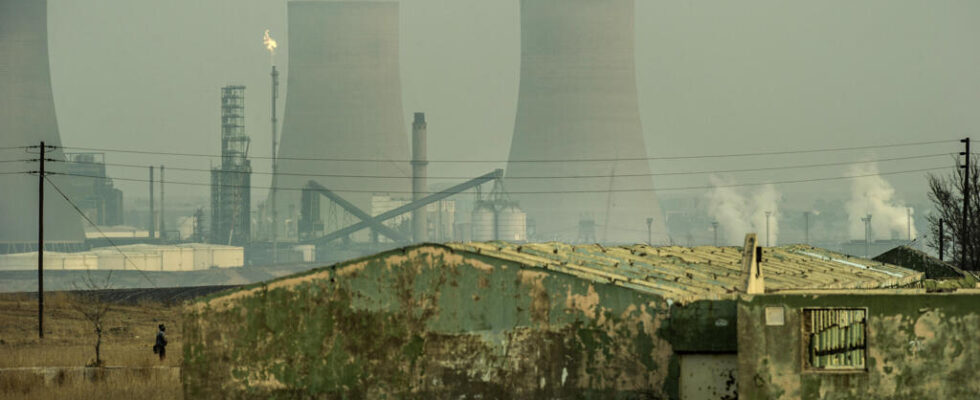The latest data compiled by the Global Change Institute at the University of the Witwatersrand in Johannesburg shows that the continent now emits more greenhouse gases than it absorbs.
1 min
Until now, we thought that Africa was one of the lungs of the planet: absorbing atmospheric CO2 thanks to its immense virgin spaces: forests, savannahs and marshes. But Africa emits the equivalent of 4.5 billion tonnes of CO2 each year. But it now only absorbs 4 billion tonnes, according to researchers.
The continent is therefore now contributing to global climate change. The reason is the increase in the use of fossil fuels over the last 10 years – oil, gas and coal – which emit greenhouse gases, even if this remains little compared to other more developed regions of the world.
Above all, Africa is responsible for almost 40% of global emissions linked to land use. Indeed, all living beings, plants and animals are composed mainly of carbon. And they are particularly numerous in the soil, between the roots, the enormous quantity of microbes, but also the insects. As long as we don’t touch it, all this carbon is stored in the soil. But every time the soils are plowed, turned, it is released into the atmosphere.
Intensive agriculture, deforestation and urbanization as they are practiced must therefore be reviewed.
Africa contributes very little, around 4 or 5% of greenhouse gases on a global scale. But the worrying thing is that we are losing our ability to offset these emissions with our carbon sinks.
Yolandi Ernst (Global Change Institute)
